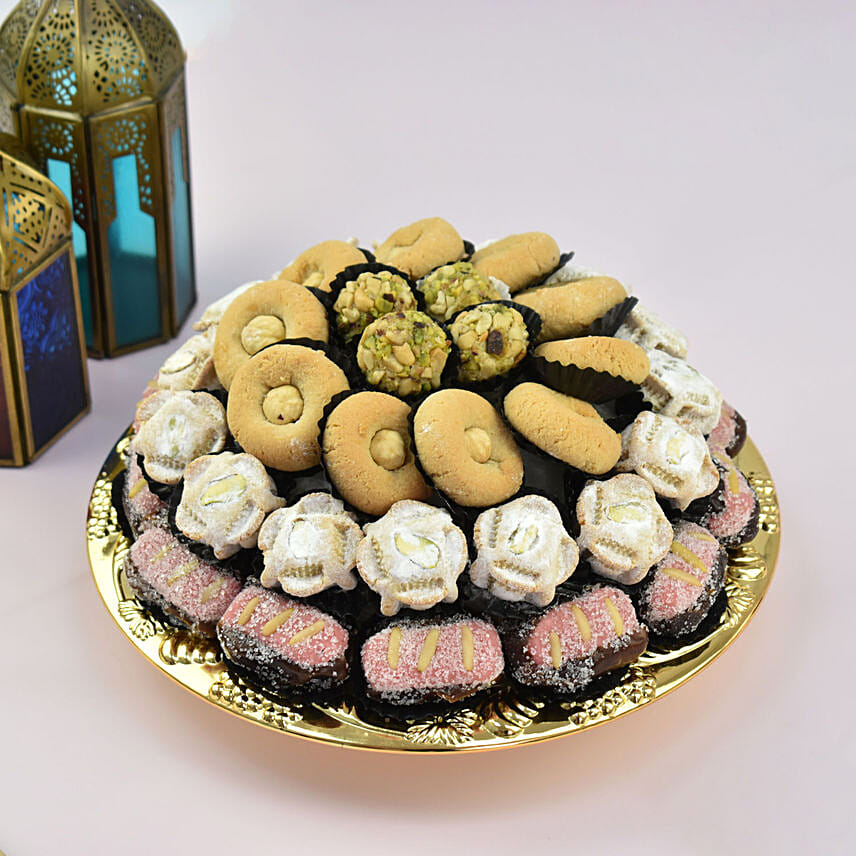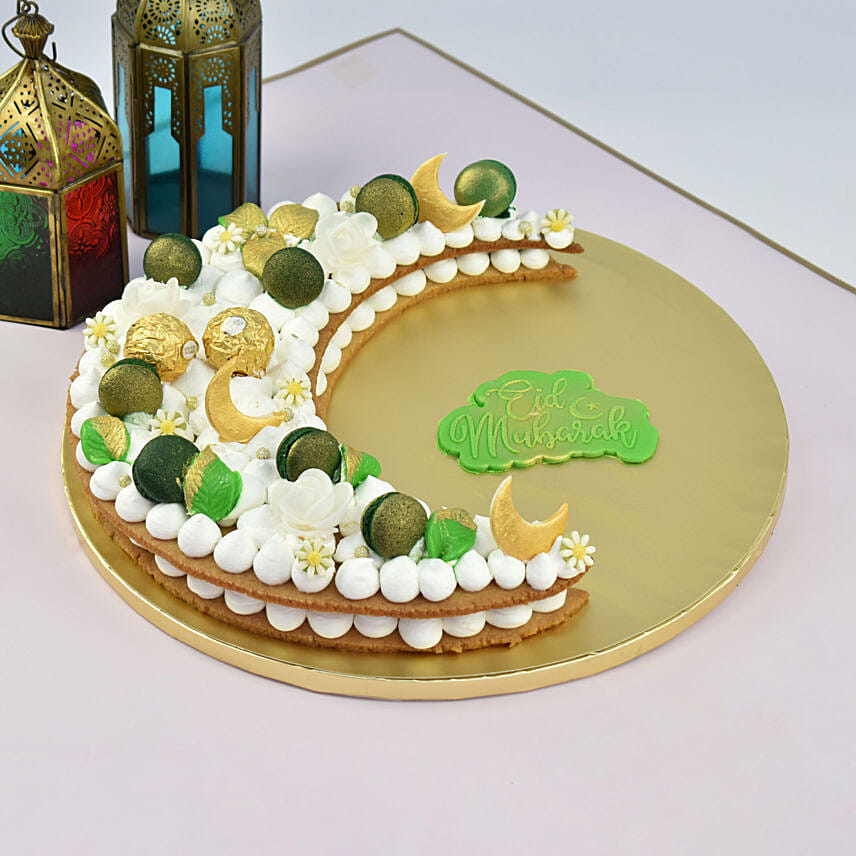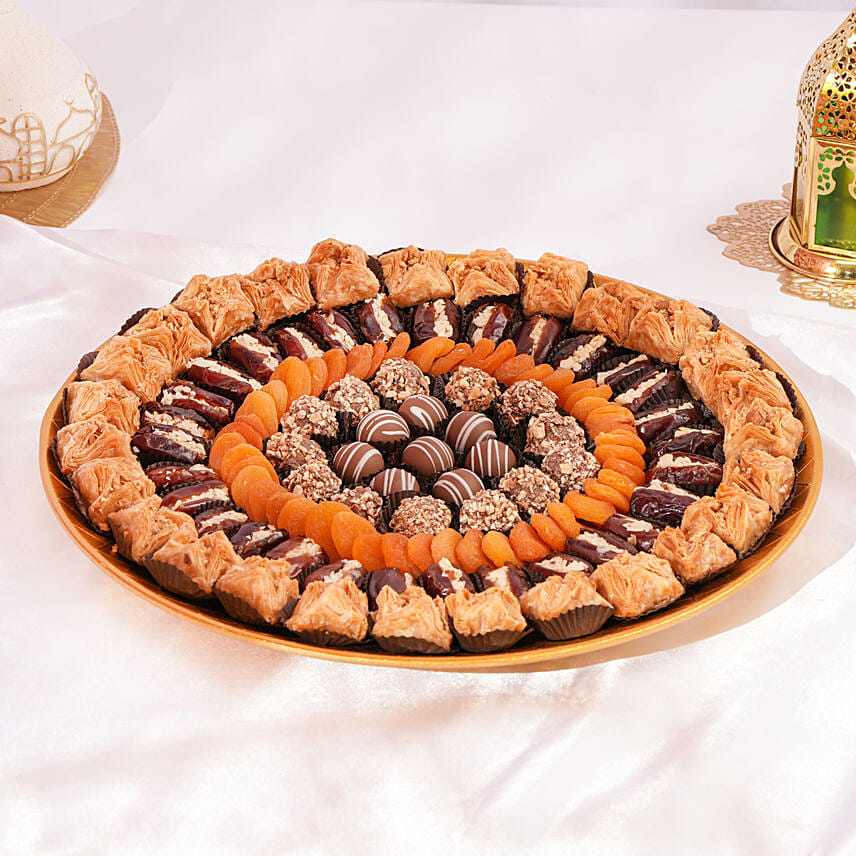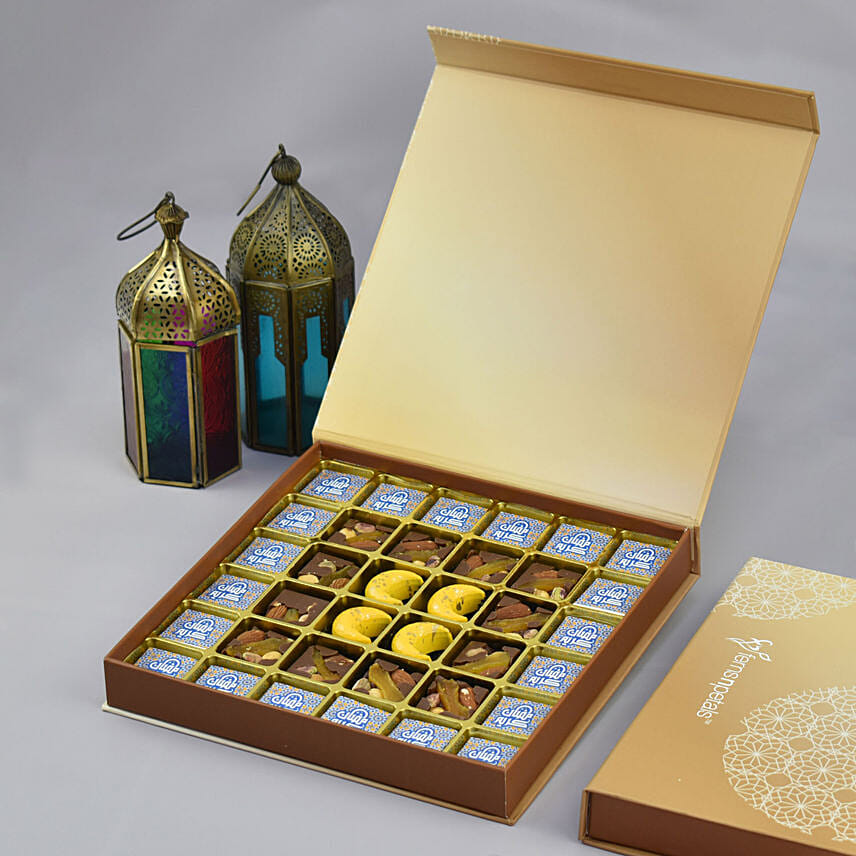About Eid-Al-Fitr
Eid-Al-Fitr or most commonly known as Eid, is an Arabic term which means "festival of breaking of the fast". It is the most important religious festival in Islam Calendar and takes place in the month of Shawwal. After fasting for a whole month known as Ramadan, the day when this stringent fasting ritual is broken is known as Eid. The date for the start of any lunar Hijri month varies based on the observation of new moon by local religious authorities, so the exact day of celebration varies by locality.
As per legendary beliefs, Prophet Muhammad found some people celebrating for two days and that included various sorts of entertainment and merry-making when he arrived in the city of Madinath. On asking the reason behind celebration, the local people answered that these merriments were events of refreshment and fun of days of jahilliyah. Prophet Muhammad pronounced that Allah has set two days of holidays for people, one is Eid-Al-Fitr and the other is Eid-Al-Adha.
Mention of these festivals were found even before the advent of Islam in Arabian lands. The Israelites also had similar fashion of festival. As most people say or believe that Eid was started when Prophet Muhammad migrated to Madinath from Mecca, we can take this time as the origin of Eid.
Eid-Al-Fitr is a day-long celebration and is also known to be the 'Smaller Eid' because the other Eid named as Eid-Al-Adha is a four day festival and is called "Greater Eid". The core principle for both these Eid days remains the same and that is showing gratitude to Allah.
Why Do We Celebrate Eid?
The three basic reasons for celebrating Eid-Al-Fitr are narrated below:
- Showing gratitude towards God for being a constant guide in the fasting month of Ramadan.
- Going to the Mosque and praying at least five times a day and asking God for forgiveness.
- To carry out the act of charity towards the poor and needy and it is called "Zakat-Al-Fitr"
This Eid is primarily a feasting day after the strenuous 30 days of fasting in Ramadan which is the 9th month of the Islamic Calendar. Apart from that, this month and Eid celebration also signifies the achievement of communication with the celestial spirit and religious merits, characterized by sacrifice, self-discipline, and charity. With fasting, prayers, and charity, one becomes a modest person and attains self-control.
This fasting means one has to desist from food, beverages, and sexual relations primarily. This practice of giving up basic and carnal needs and desires actually makes a person stronger by cultivating the qualities of self-control, self-righteousness, and self-discipline. This is the month of true devotion and people learn how to be happy with the minimal things. One is also abstained from using slang language or cuss words. No modes of entertainment like music, TV, movies, dancing, or singing is allowed because these things would distract one from the thought of the Almighty.
Only the senior citizens, patients of asthma or diabetes or any such difficult disease, pregnant woman, children, and sports personalities, are exempted from this fasting. But again it depends on the belief and the body system of a person whether he/she should fast or not. Some family allows children to keep half-fast so that they learn about the festival from a young age.








